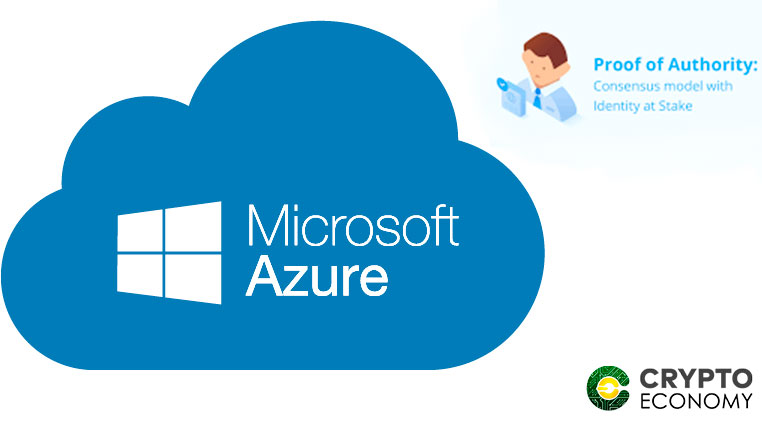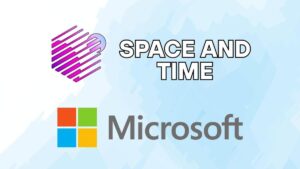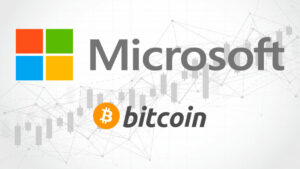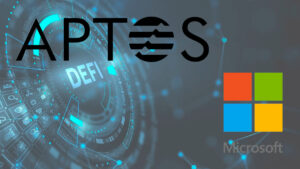Worlwide renowned tech giant Microsoft has just introduced an Ethereum-related Proof-of-Authority (PoA) algorithm to the market, and will be implemented on its Azure platform.
According to a post published in its blog this week, such algorithm will allow consortiums and companies across the industry to implement a flexible Ethereum mechanism, specifically designed to be Enterprise-ready, aiming to replace current Proof-of-Work (PoW) mining consensus from all public blockchains.
“Each Azure Proof-of-Authority network comes with our identity leasing system that ensures that no two nodes carry the same identity. In the case of a VM or regional outage, new nodes can quickly spin up and resume the previous nodes’ identities,” the post reads.
This means that for starters, the PoA protocol is more suited for private networks where its users have a certain reputation and prestige.
New features
Microsoft’s brand-new network will be equipped with several functions in order to guarantee its security and normal functioning, such as an identity leasing system, Parity’s web-assembly support, Azure monitor and a Governance DApp.
The web-assembly support will simplify the process of building smart contracts, providing customers with a more user-friendly interface to write them, instead of using Solidity – the programming language used in Ethereum’s blockchain.
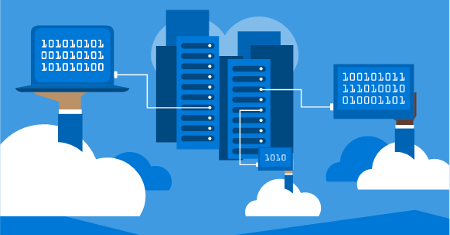
“Developers [will be able] to author smart contracts in familiar languages such as C, C++, and Rust,” the post explains. Regarding Governance DApp, “it will allow programmers to hide all relevant data of an object to reduce complexity and increase efficiency.”
This translate into greater ease for delegation of voting and validation in the process of participation of a company. The DApp will also ensure that each member of the consortium have control over their own keys, allowing users to securely sign in their wallets.
However, the use of this algorithm will initially be available in a permissioned network. This is, only private blockchain consortiums will be allowed to act as participant nodes via an invitation.
Azure’s software engineer Cody Born explained:
“Proof-of-Authority will enable Azure institutional customers to verify their transactions in a more efficient way, while maintaining a high level of security.”
Similarly, the statement says that all participants must delegate multiple nodes to work in their name, so if one of those nodes suffers an outage, a consensus authority will be able to maintain its presence on the network.
It is worth noting that since its foundation in 2010, Azure provides a global network of datacenters handled by Microsoft to develop, test, implement and manage apps and services, but it was not until last quarter of 2015 when it was first announced the launch of an Ethereum-based cloud-computing Azure platform.


